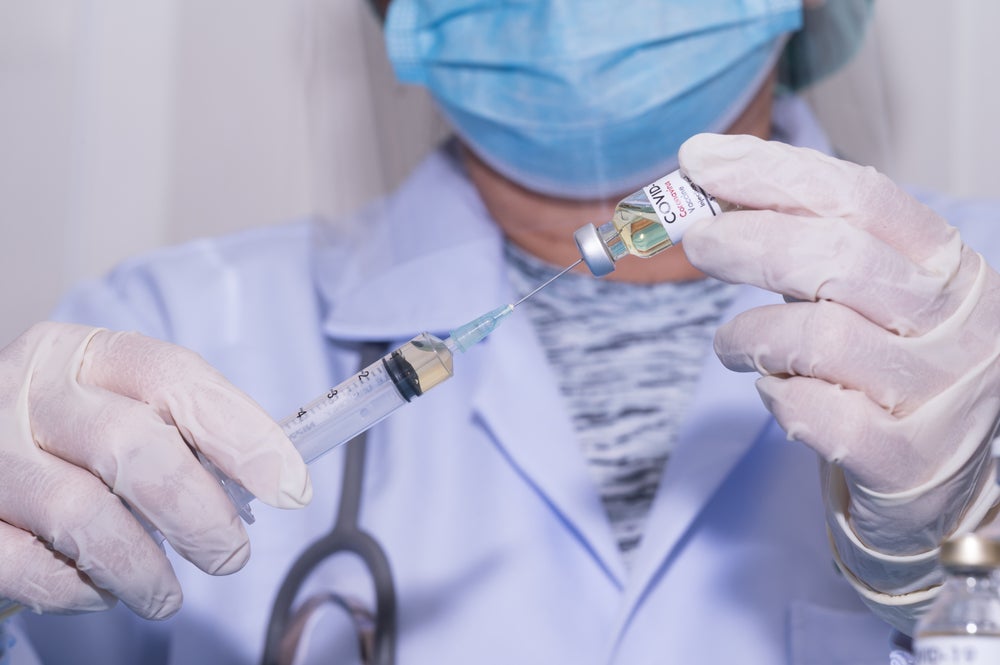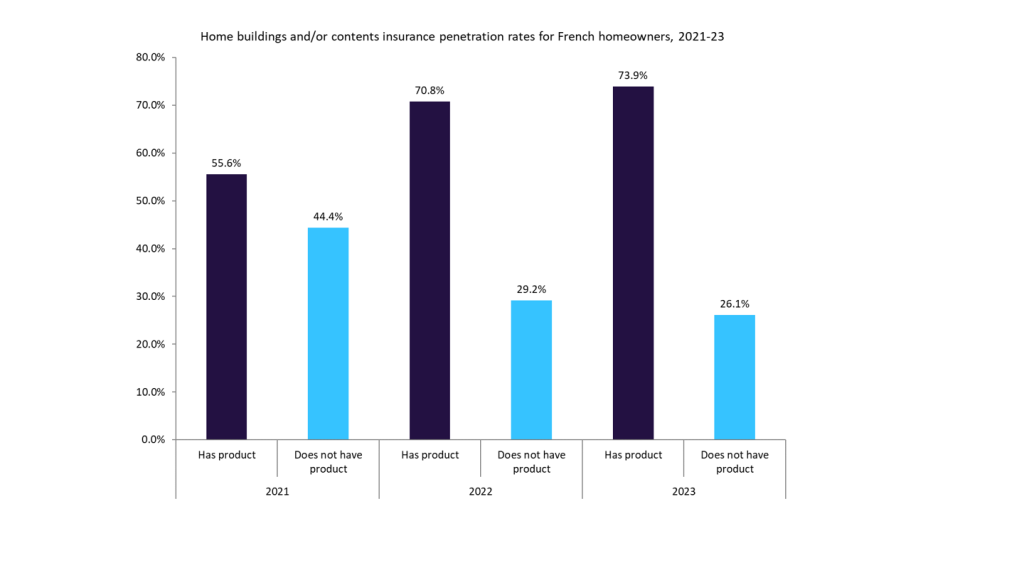
In order to provide supply chain protection for the global transportation of the COVID-19 vaccine, Aon launched a specialised cargo insurance protection product integrated with Internet of Things (IoT) capabilities.
The IoT describes the use of connected sensors and actuators to control and monitor the environment, the things that move within it, and the people that act within it. Use cases include the automated home, the connected car, wearable technology, smart cities, and predictive maintenance for industrial machinery.
IoT capabilities have become increasingly important to enterprises in recent years. GlobalData findings show that the IoT market was worth $622bn in 2020, up from $586bn in 2019. As the ecosystem of IoT devices develops it creates an opportunity for insurers to integrate the technology and streamline their claims process. Due to its capabilities and endless potential, GlobalData forecasts that the IoT market will reach a value of $1,077bn by 2024, representing a compound annual growth rate of 13% compared to 2020..
In the case of Aon, the insurer is using IoT to monitor the temperature of the vaccine on marine cargo through a partnership with insurtech Parsyl. COVID-19 vaccines demand strict temperature controls – exposure to temperatures outside the range prescribed by manufacturers can render them useless. According to the World Health Organization, around half of the COVID-19 vaccines distributed around the world go to waste, in large part because of a failure to properly control storage temperatures.
Through Aon’s insurance product, if vaccine temperatures drop outside the pre-established temperature range policyholders are entitled to a claims payout. As Aon will establish clear trigger points and have constant access to this information, it will be able to settle a claim much more rapidly. As a result, this product is a game-changer – especially for cargo insurance, which can take months to identify and settle. IoT usage also provides policyholders with tracking information for vaccine cargo. Aon’s and Parsyl’s efforts represent an important usage of IoT in the insurance market, as well as offering insight into how vaccine providers are trying to mitigate risk.
This is also relevant in light of the March 2021 Suez canal blockage, when a 396 meter long boat became horizontally wedged in the canal, blocking dozens of container ships from passing through and disrupting global supply chains in the process. Lloyd’s of London estimates that more than $9bn worth of goods pass through this 120 mile waterway each day, translating to around $400m per hour. While the blockage only lasted six days, it is expected that the incident will impact global supply chains for months. Aon’s product can be viewed as necessary in light of the blockage, flagging how delicate global supply chains can be when something goes wrong.
How well do you really know your competitors?
Access the most comprehensive Company Profiles on the market, powered by GlobalData. Save hours of research. Gain competitive edge.

Thank you!
Your download email will arrive shortly
Not ready to buy yet? Download a free sample
We are confident about the unique quality of our Company Profiles. However, we want you to make the most beneficial decision for your business, so we offer a free sample that you can download by submitting the below form
By GlobalDataGoing forward, IoT devices will play an integral role in the insurance industry. Their usage will offer a more creative way of protecting against certain risks and streamlining the claims process – benefits that will help drive uptake.








Related Company Profiles
Aon Plc